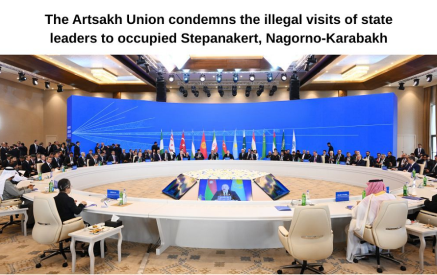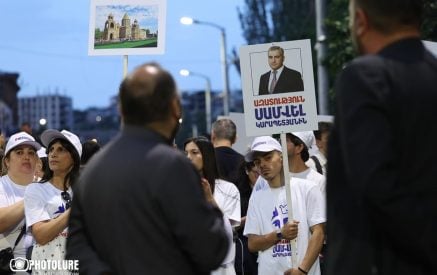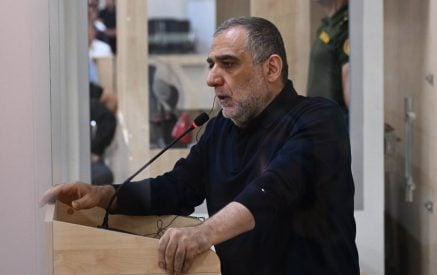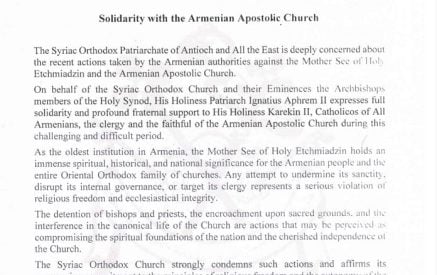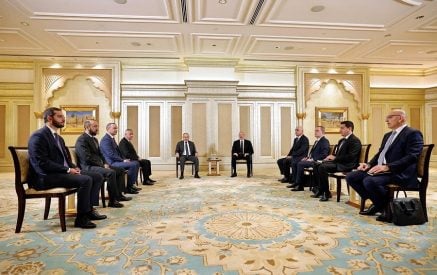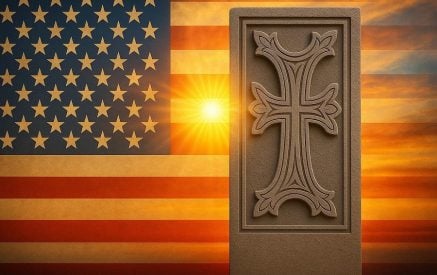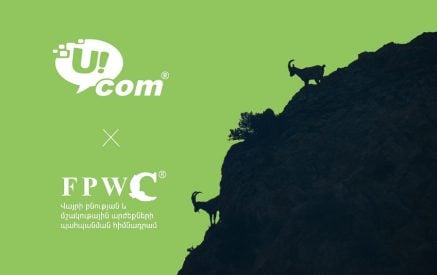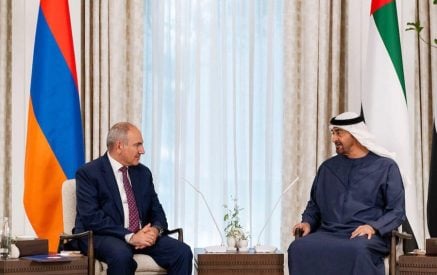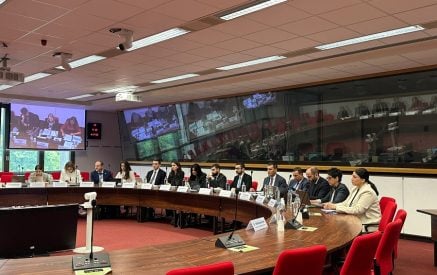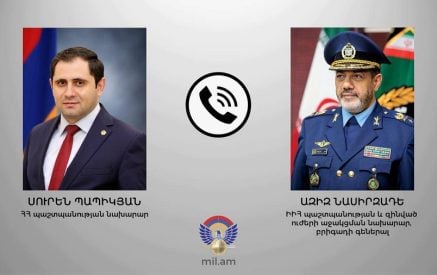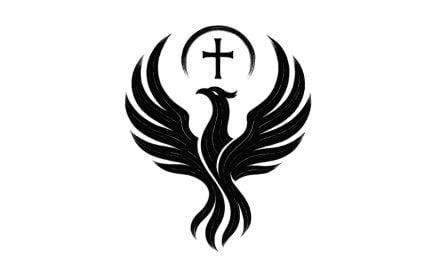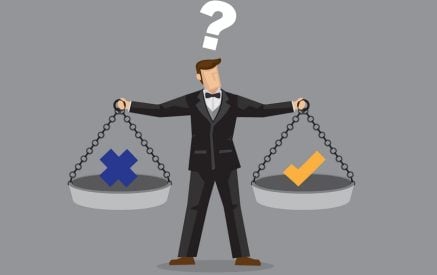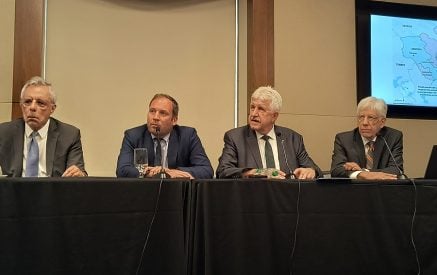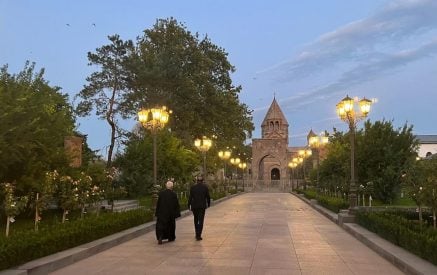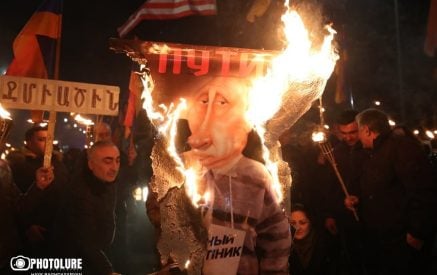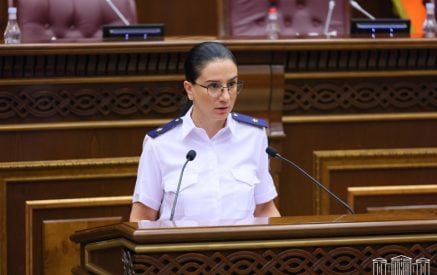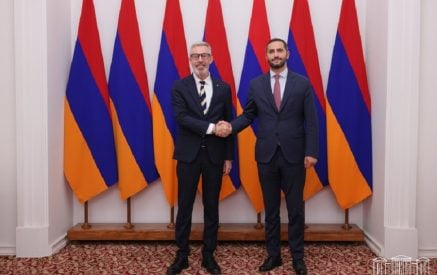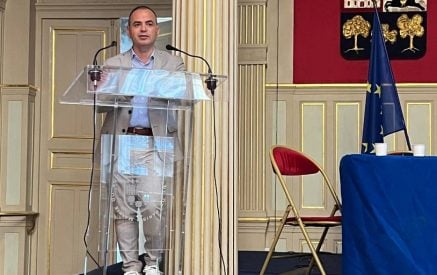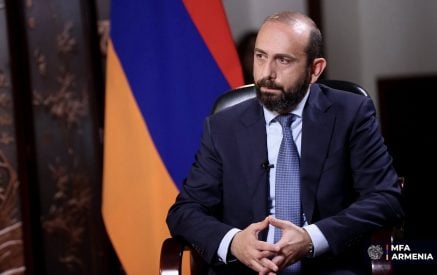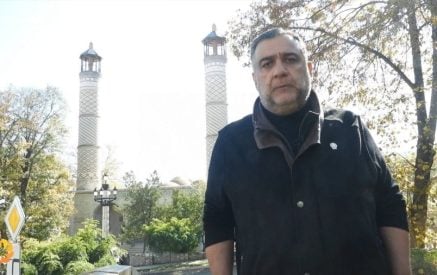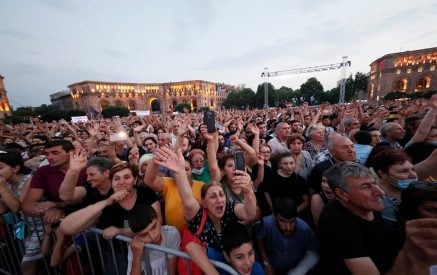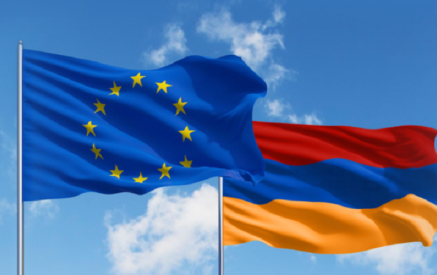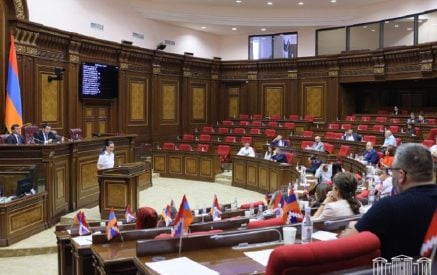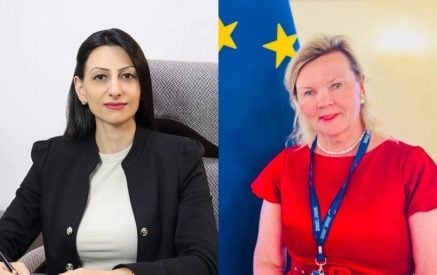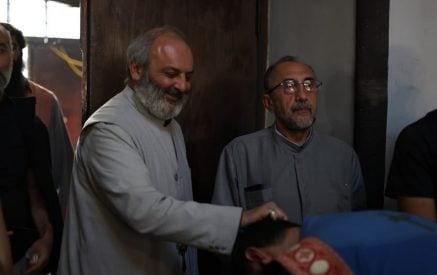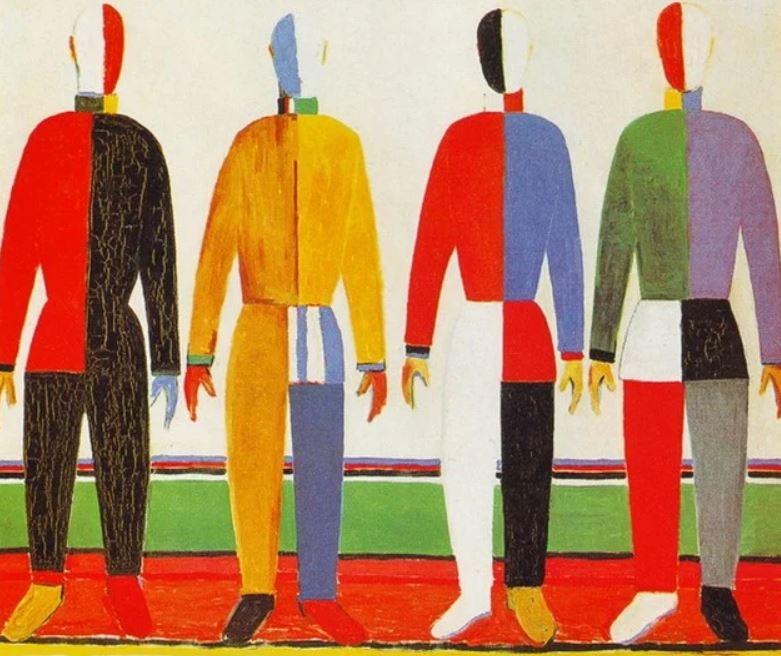It doesn’t have to be made up of historical truths
In 1818, the first collection of German fairy tales by the Brothers Grimm was published, in the preface of which the authors wrote that their nation had a sad historical past, national traditions, and values ”flowed like a river,” but now- that is, at the beginning of the 19th century- they remained “thin tributaries,” so it is the duty of every patriotic German to preserve what remains like the apple of their eye. And what was the reason that those “rivers dried up”? Well, naturally, xenophobia, foreigners, and above all, the French.
It is clear why especially the French; by then Napoleon had conquered half of Europe. In short, it was during that period that the foundations of German nationalism were laid. In this case, the term nationalism is used in a neutral sense, as the awakening of feelings of national identity. In particular, this movement led the Germans to the creation of a unified state in 1871, and in the 20th century it already took it in a very unfavorable direction. But what is important for us is the way in which national identity is created in a political sense.
The German sociologist Karl Schmitt wrote that the “political” arises when your group, primarily the nation, is opposed to another group. When there is a clear division between one’s own and strangers, friends, and enemies. Moreover, it is not about personal, but an ideological, existential enmity. For example, if it is important for me to speak and write in pure Armenian, then I identify myself with the group that speaks that way, and oppose, say, the group that writes in Latin Armenian. At the national level, the question is more acute; the Germans established themselves in the 18th-19th centuries, opposing, first of all, the French. We Armenians, I think, established ourselves much earlier, in the 4th-6th centuries, opposing the Greeks and, of course, borrowing many things from them. The second characteristic of nationalism is the notion of a so-called “golden age.”
The archetype, that is, the basic recurring pattern, is we have had a glorious past of which we can be proud, and which we have lost because of our enemies. That national mythology can have very strong historical foundations, but they can also be quite fluid. For example, the same Brothers Grimm, according to some researchers, heard the fairy tales they wrote not from fairy-tale German grandmothers or simple peasants of the Hesse region, but from French noblewomen.
And the question whether these plots are purely German or purely French does not seem very meaningful to me. plots, as well as melodies, musical instruments, or, say, dishes, can be “wandering” and spread in a given region, bypassing national borders. It is not important whether the plots are French or German, but it is important that the Brothers Grimm wrote them in German and made them a fact of German culture. In other words, what is important is not the origin of the myth, whether it is true or possible, but its function. Does it work towards building a national identity or not?
We know of cases where national myths are completely invented, but again this does not play a crucial role in the 21st century. The leader of the Russian “white movement” Anton Denikin, describing the period of 1917-20, writes in his book “Essays on the Russian Uprising,” “Everything in the Republic of Azerbaijan was artificial, “not real,” starting from the name, which was borrowed from one of the provinces of Persia. An artificial territory that includes the Lezginian Zakatali, the Armenian-Tatar provinces of Baku and Elizavetpol, and the Russian Mugan.”
The general describes the situation at that time in 1918. But what is important from the point of view of national identity is not the truth, but what modern Azerbaijanis believe. And they are sure that Azerbaijan is as old a state as, say, the same Persia, and it doesn’t matter that it is nonsense. And now let’s say honestly, who feels more confident in terms of national identity at the moment: us or the Azerbaijanis?
I have already had occasion to mention that national identity is not something that is created once and for all, and then you enjoy it for centuries. It should be constantly updated. If we accept that our identity crystallized in the 4th-6th centuries, then we can list the junction points that heralded the modernization of our identity.
Among the last points are, for example, the 1880s century or the 1960s-70s up to 1988. Since then, we have not added any stone to the building of our identity. What those stones should be is a separate conversation.
Aram Abrahamyan





